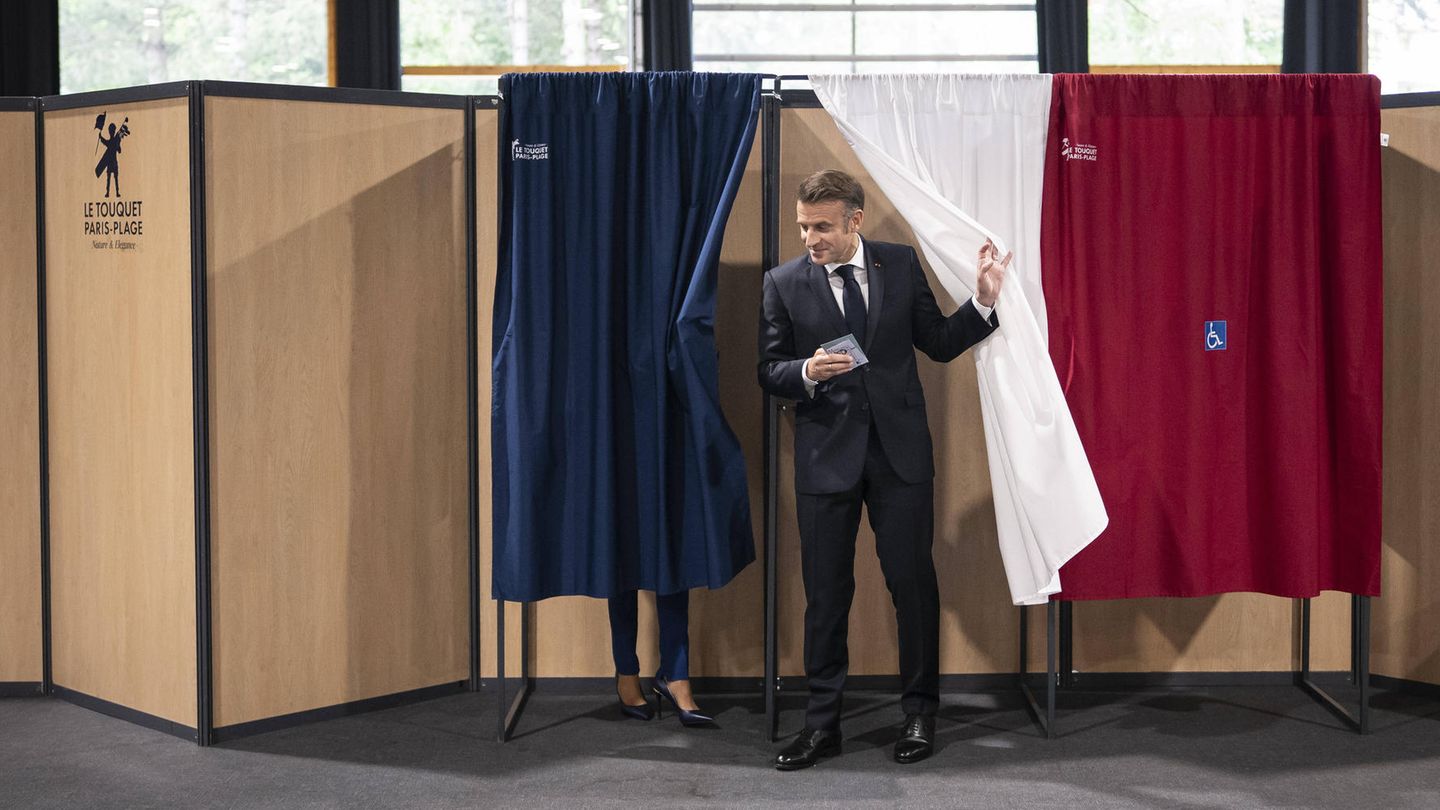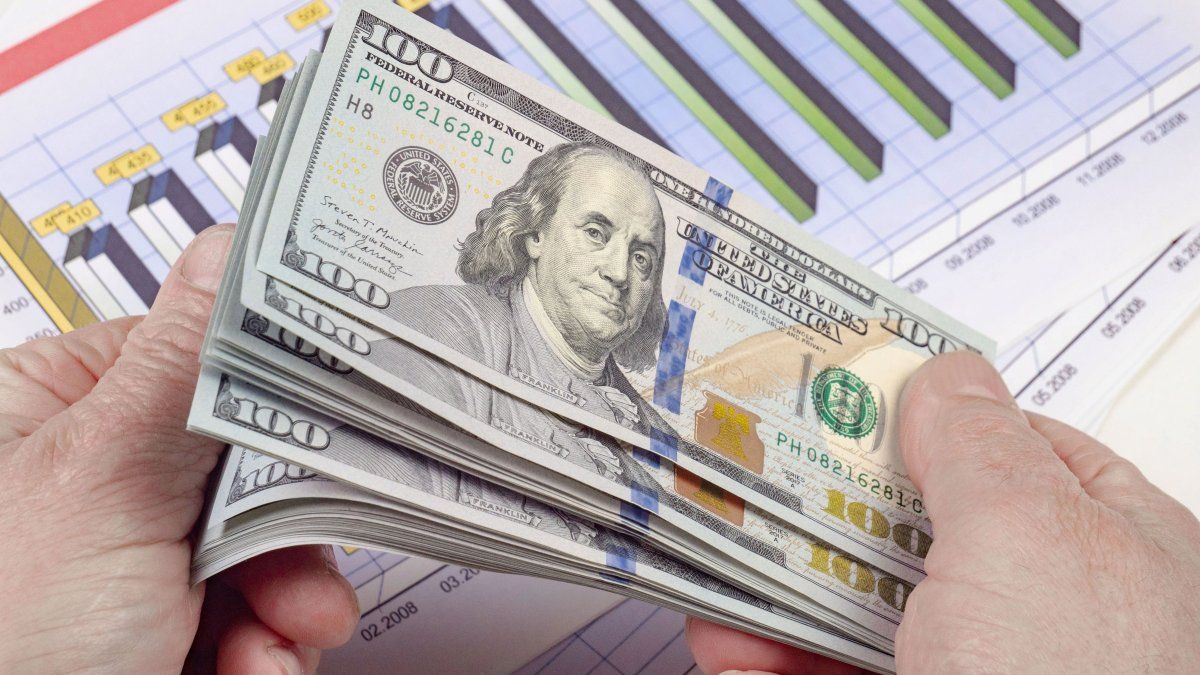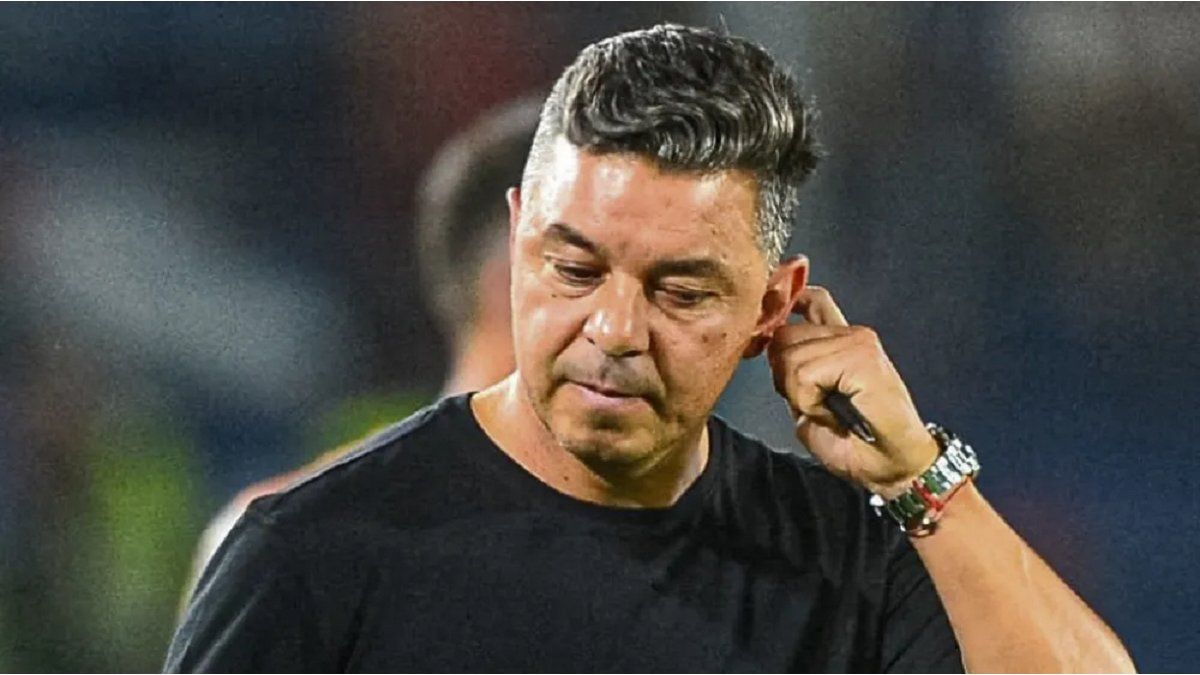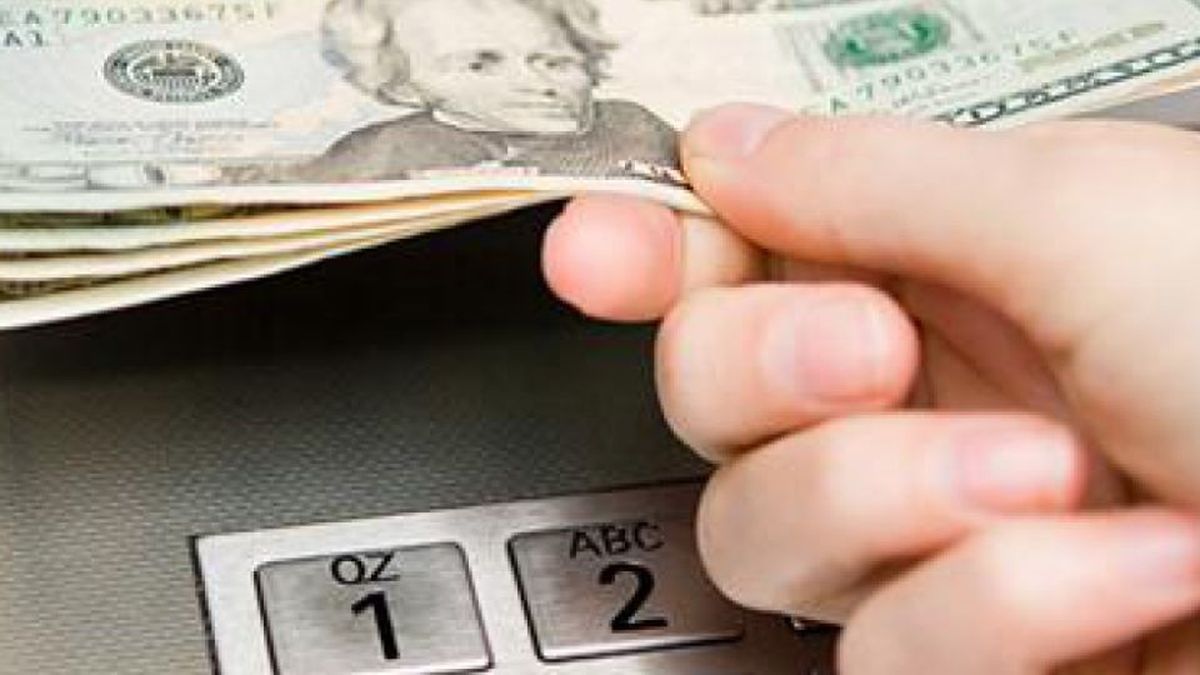After the French election, the German government is feeling a “certain sense of relief”. But there are also warning voices: the danger of extremes has by no means been averted.
After the setback for the right-wing populists in the early parliamentary elections in France, the German government reacted with relief. Chancellor Olaf Scholz (SPD) said on Monday in Nuremberg: “I and the entire German government are definitely relieved.” For President Emmanuel Macron, it would have been a “great challenge” if “a right-wing populist party” had led the government.
However, the reactions of German politicians were also shaped by concerns about political instability in the neighboring country, which is Germany’s most important trading partner and closest political ally.
Government spokesman Steffen Hebestreit described the mood of the federal government in light of the election results with the words: “There is a certain sense of relief that things that were feared have not happened.” He was referring to the election victory of the right-wing populist Rassemblement National (RN), which had been predicted in polls but surprisingly only came in third.
Scholz: France is indispensable for the further development of the EU
Scholz stressed the special importance of the German-French relationship for a peaceful and free Europe. He hoped that Macron would succeed in “forming a constructive government.” The Chancellor said that the neighboring country was indispensable for the major tasks ahead at EU level – the further development of the Union and the admission of new members. “This can only be achieved together with France.”
In the second round of the French parliamentary elections on Sunday, the right-wing populist RN, which had hoped for an absolute majority, only came in third place. The strongest force was the left-green electoral alliance New Popular Front. Macron’s government camp came in second place. However, none of the three blocs has an absolute majority in the National Assembly, which is why forming a government is likely to be difficult.
Vice Chancellor Robert Habeck (Greens) also pointed this out. In his assessment of the election results, he told the TV channel Welt: “Reassuring would be the wrong word, but it is good that nationalism is not becoming ever stronger in Europe.” France is facing a “very difficult process of forming a government.” “You can’t say now: That went well, tick the box, now we’ll deal with other things.”
The FDP expressed concern that, following the victory of the left-wing camp, a future French government could rely heavily on borrowing in its budget policy. “There must now be no weakening of the stability rules on EU debt just so that individual member states like France can restructure their national budgets at the expense of the European community,” FDP parliamentary group vice-chairman Christoph Meyer told the AFP news agency.
FDP politician Link: Danger of extremes not averted
His party colleague, deputy FDP parliamentary group leader Michael Link, believes that the danger of extremes has by no means been averted following the success of the left-wing alliance in France. “The first aggressive reactions from Le Pen and Mélenchon speak volumes,” said Link, who is also the federal government’s transatlantic coordinator. He added: “A strong signal now would be a Republican majority from Macron’s center plus Social Democrats à la Glucksmann plus those conservative Republicans who have clearly distanced themselves from the RN.”
SPD foreign policy expert Nils Schmid appeared to be divided in an AFP interview: “On the one hand, I am relieved that the advance of the Rassemblement National has been curbed, but on the other hand, I am worried about the expected political instability.”
There is still a clear majority of pro-European forces, said Schmid. This will enable Germany to continue its close cooperation with France bilaterally and within the EU, for example with regard to military support for Ukraine. “However, it is uncertain whether these forces will come together to form a government or even a permanent coalition,” he added. This would weaken France’s role on the international stage.
There were mixed opinions in Germany about Macron’s decision to bring forward the parliamentary elections in France after the triumph of the right-wing populists in the European elections in early June. Macron’s political project to strengthen the centre in France had “failed miserably”, said the chairman of the Foreign Affairs Committee in the Bundestag, Michael Roth (SPD), to the “Tagesspiegel”. Macron had “shredded the political centre”. The leader of the Left Party, Martin Schirdewan, said Macron had “gambled away”: “The price would have been almost a seizure of power by the extreme right.”
CDU MP Armin Laschet, on the other hand, praised Macron’s strategy because it made it clear that the extreme right did not have a majority. “Marine Le Pen would have said for three years: We are actually the winners, we were ahead in the European elections,” said the CDU politician on ZDF. “But they have a third, no more.”
The European heads of government are at least still holding back on public reactions. Only the Polish Prime Minister: “In Paris there is enthusiasm, in Moscow disappointment, in Kiev relief. In Warsaw there is enough to be happy.”
Source: Stern
I have been working in the news industry for over 6 years, first as a reporter and now as an editor. I have covered politics extensively, and my work has appeared in major newspapers and online news outlets around the world. In addition to my writing, I also contribute regularly to 24 Hours World.




